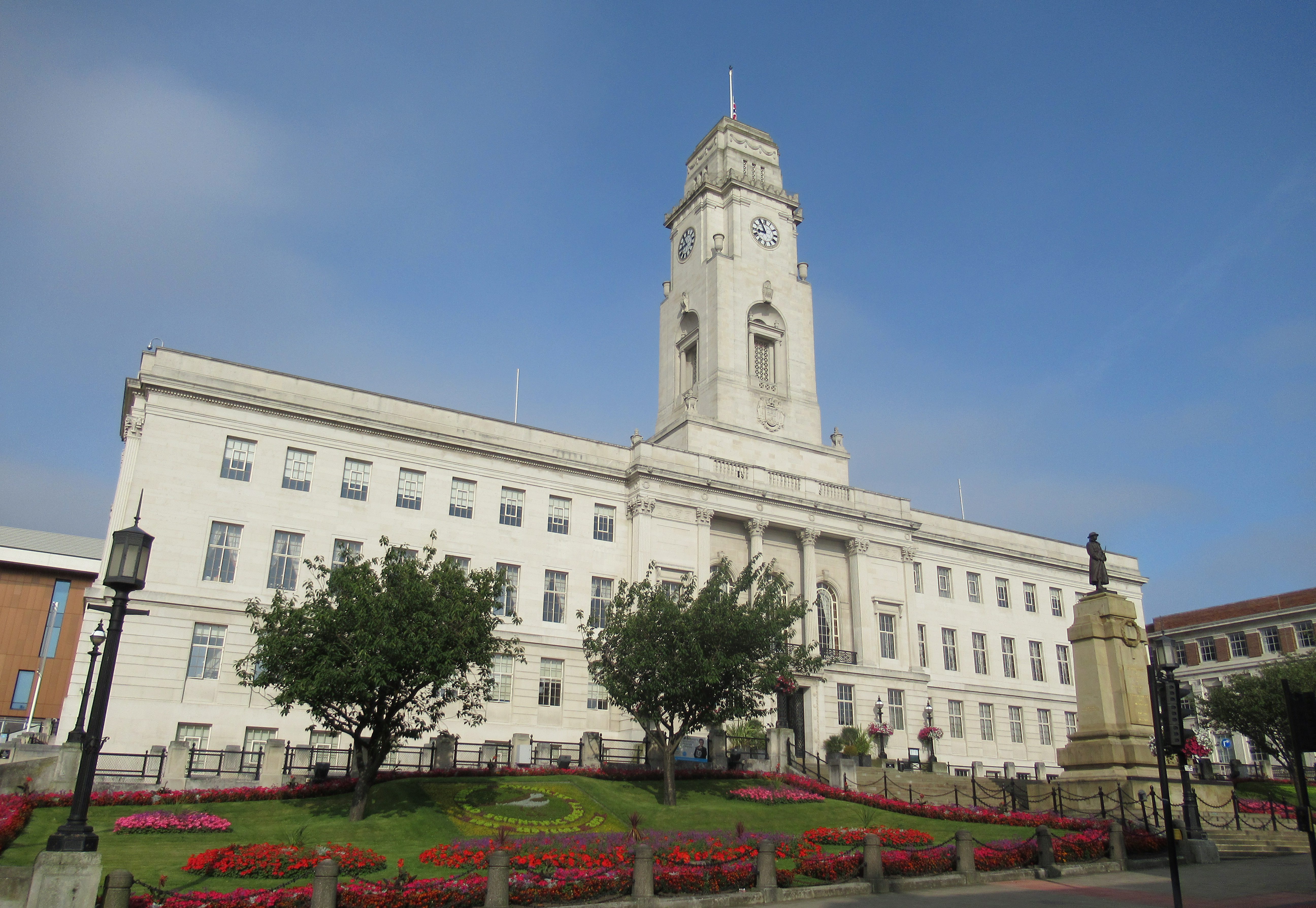Barnsley’s Electoral Upsets Should Be a Wake-Up Call to Ancient Labour Councils
by Craig Gent
3 May 2019

Among Labour’s heaviest losses in yesterday’s election was Barnsley, a large former mining town in South Yorkshire and typical Labour stronghold where Labour lost a third of the seats it was defending.
While the town’s position on Brexit (over 68% leave) likely explains how two Labour wards got flipped by the slightly sinister-sounding Democrats & Veterans, a Ukip split gaining popularity in the town, it doesn’t explain two significant upsets in the form of hammering defeats at hands of the Liberal Democrats.
Today both the Lib Dems and harder Remainers in the Labour tent are claiming such results represent a Brexit backlash and support for a second referendum. In a place like Barnsley, the truth has far more to do with Labour having let the rot set in at the level of local government.
The primary target for Barnsley’s Lib Dems was always going to be Dodworth ward, where a long-running and high-profile dispute over a planned gyratory system has led to Barnsley’s only Lib Dem councillor, Hannah Kitching, cementing a local status for herself as the official opposition on the matter.
More puzzling, however, is the result in Darton East, where the Lib Dems crushed the Labour incumbent with a 64% swing, dwarfing Labour’s votes at a ratio of over three to one.
Unlike Penistone West – the Lib Dems’ sole incumbent seat, notable for falling within Angela Smith’s constituency – neither Dodworth nor Darton East are areas you would expect to be in contention. Both wards cover former pit villages, and neither could be considered a Remainer hotbed by any stretch of the imagination.
So what swung it for the Lib Dems in these wards where they haven’t even stood candidates for all of the last decade’s elections?
The answer is simple: they put in the groundwork.
For all the insurgent mentality of the Corbyn project, it’s too often forgotten that in places like Barnsley, Labour is the establishment. There is, therefore, a widespread perception that despite new, long-awaited renovations in the town centre and ubiquitous ‘Barnsley is brill’ sloganeering, there is a complacency – bordering on disrespect – that extends deep into the local government.
Beyond Brexit, the Labour councillors who held on – in one ward by just 22 votes – will point to austerity to explain the electorate’s loss of faith. One recent report showed Barnsley council was worse hit by austerity than anywhere else in Britain. Indeed, it is regrettable that despite the noble prioritisation of care for the vulnerable, the loss of funding has worsened existing deprivation and drug problems across the town.
That said, austerity can’t explain away the fact that in post-industrial towns Labour too often takes its seats – and therefore its voters – the granted.
Throughout the Blair years, Labour’s triangulation strategy relied on the perception that places like Barnsley – heart of the 1984/85 miners’ strike – had nowhere else to turn. In 2018, the MP for Barnsley Central, Dan Jarvis, was elected mayor for the Sheffield City Region and never once appeared to contemplate stepping down – instead insisting there was no problem representing Barnsley in parliament as one of two full-time jobs, citing his “determination to make a success of this.” For years, Labour councillors have queued up to take turns at being mayor to be driven around town in a car that literally has the number plate ‘THE 1’. Yes, really.
It’s little wonder, then, that alongside votes for Democrats & Veterans and the Liberal Democrats, a further three seats have gone independent – one for Barnsley Independent Group, originally (but no longer) a base for disaffected local ‘old Labour’ types in the later Blair years; two running on localist alternative-to-Labour tickets.
Where do towns like Barnsley figure in Labour’s strategy today? Labour has no shortage of members in Barnsley, yet it ran a poor ground campaign, apparently couldn’t see its key battlegrounds when they emerged, and offered little in the way of propositional politics. It’s a reality that seems completely divorced from any aspiration, optimism and savvy that we might associate with the Corbyn project at a national level.
The results in Barnsley should be a siren to the Labour party across the country: it is not enough for Labour to occupy seats if it is not taking its voters into government.
Quite respectably, there is currently a lot of good talk and enthusiasm about the so-called ‘Preston model’ – a set of innovative measures to revive the city from its depression that have been described as “guerrilla localism”. Such an offer would be lapped up in Barnsley, a town of similar size and character, yet it seems like fantasy talk in a borough where the council appears completely unable to see how long in the tooth it has grown.
What would it take to achieve it? Strong, ambitious policies that can engage voters and the membership alike, yes. But also an end to the culture of petty fiefdoms that seem to define so many ancient councils – mandatory reselection is not enough in and of itself without greater encouragement and support for ordinary members to contest incumbents. If that sounds too messy, maximum term limits would ensure a greater rotation of energy and representation. Such measures might sound drastic to many councillors. Good. Without a sharp wake-up call, these monolithic Labour councils are going to be taken by surprise again and again.
If Labour really wants a thousand Prestons to bloom, it needs to get serious about clearing out the rot. Places like Barnsley are desperate for fresh blood and ideas in their councils – Labour should be enabling that effort, not hampering it.
Craig Gent is Novara Media’s north of England editor and the author of Cyberboss (2024, Verso Books).